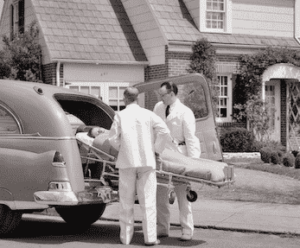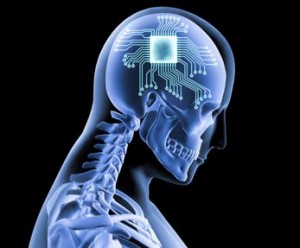50 Medical Science & Technology Scholarships (2026)
Healthcare is a rapidly growing field and the need for skilled, compassionate professionals is expected to accelerate in the next decade. According to the U.S. Bureau of Labor Statistics, the demand for healthcare and related technical jobs is expected to grow 13 percent between 2021 and 2031.
An Expert’s Guide: What to Know Before Starting a Career in Cytology
Cytologists are often referred to as cell detectives as they spend countless hours peering into microscopes, looking for the smallest differences in cells. This exciting and obscure career is where detail-oriented and curious allied health professionals can excel.
Ask an Expert: Top 10 Things to Know Before Starting a Career in Histotechnology
Histology, which is the science of cell structure, isn’t at the front of most people’s thoughts. Histotechnology, which focuses on detecting tissue abnormalities and aiding in the diagnosis of disease, is even further removed from the mainstream conversation. Job data from the BLS suggests the field of histotechnology will grow at over double the national rate, pay over the average salary, and continue to offer entry-level jobs that sometimes require only an associate’s degree.
National Medical Assistants Recognition Week: An Expert’s Advocacy Guide
Of all the allied health professions, perhaps none is as versatile as the medical assistant. Cross-trained to perform both administrative and clinical duties, medical assistants work alongside physicians and other health professionals, most often in outpatient or ambulatory settings.
Clinical Lab Worker Shortage: Addressing the Gap
Demand for medical testing is expected to grow in coming years due to the introduction of new genetic tests to the market and an aging population, but there is a concerning shortage of laboratory professionals plaguing hospitals, doctor’s offices, and labs that is only expected to get worse. We investigate why there aren’t enough laboratory technicians and technologists to go around and what a career in medical laboratory sciences looks like.
Top 50 Healthcare Careers for 2025-2026
Working in healthcare is one of the best ways to ensure that one’s work has a daily, measurable impact on people. While many may think they need to study for years to get the very best healthcare jobs, the truth is that there are many careers in the field that require less educational investment, yet are in high demand.
Top Paying Med Tech Jobs with an Associate’s Degree (2025-2026)
When one considers the money saved by attending school for one or two years instead of four or eight, there are some extremely attractive opportunities in medical technology careers.
From Battlefields to Bedsides: The Evolution of Modern EMTs
Just six decades ago, you had a better chance of surviving a gunshot wound during the Vietnam War than by being treated in an ambulance on the way to the hospital in the U.S. It's hard to imagine American cities without the blaring, screeching presence of ambulances, but in fact, emergency response services are a relatively new phenomenon.
The Hottest Medical Technologies in 2025
Medical technology has come a long way since the invention of eyeglasses and the stethoscope. The broader availability of mobile internet, the expansion of a more affluent middle class, and an aging global population are all driving change in the healthcare industry, and the associated technology is changing faster than ever before.
The Demand for these Healthcare Jobs is Increasing Most in Each State
The aging U.S. population is rapidly increasing demand for many jobs in the health sector, which has become the fastest-growing part of the national economy. Although many medical jobs require advanced degrees—physicians, nurses, surgeons, etc.—the role growing fastest across most states is generally accessible to anyone with a high school diploma.







